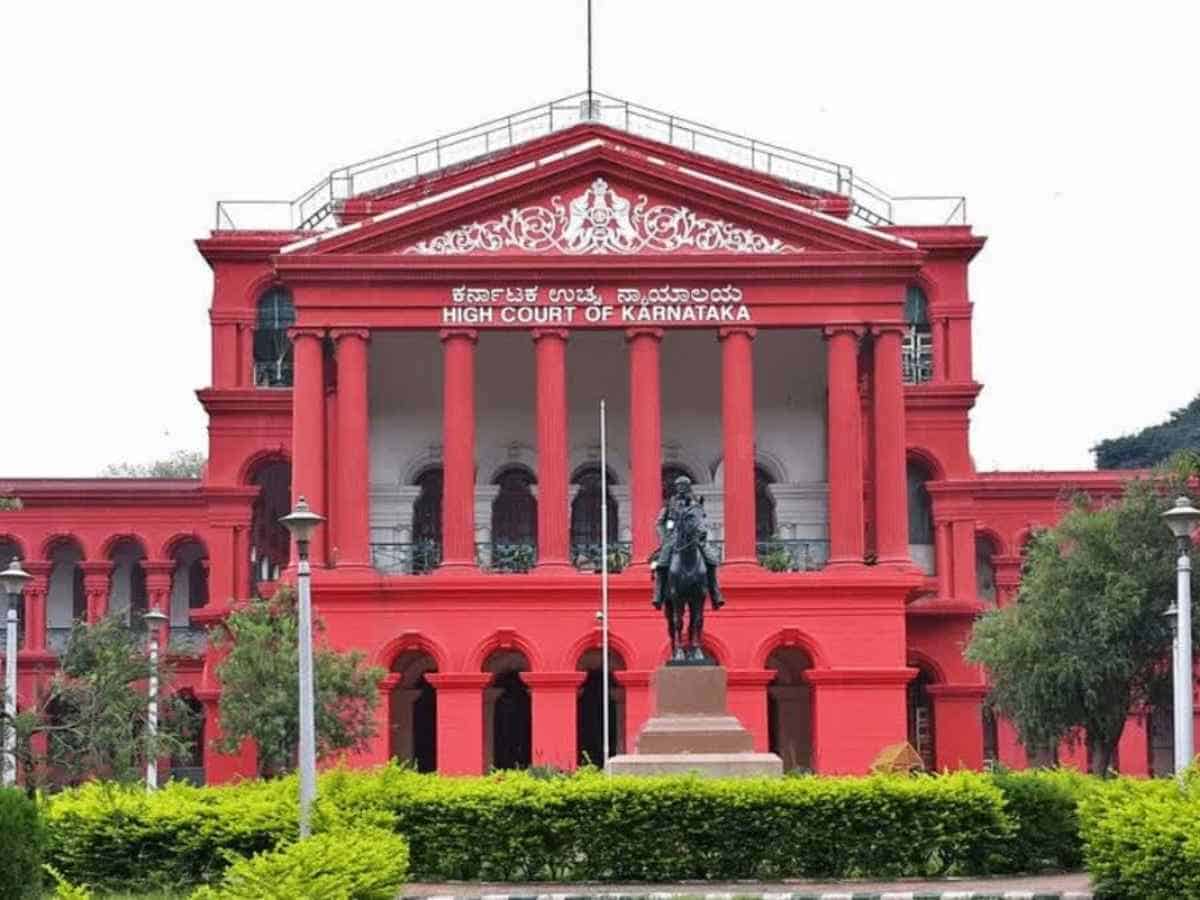
Bengaluru: In a significant legal development, a two-judge bench of the Karnataka High Court has refused to grant an interim stay on the order of a single-judge bench that upheld the state government’s directive capping the service charge for auto-rickshaw services booked through aggregators like Ola, Uber, and Rapido at 5 percent.
The appeal, filed by Ola and other aggregator companies, was heard by a division bench comprising Chief Justice N V Anjaria and Justice K V Arvind. The bench declined to issue an injunction, meaning the service charge cap will remain in place while the case continues. The final hearing on the matter has been scheduled for August 29.
However, the court did stay the portion of the single-judge bench’s order that directed the Registrar (Judicial) to send a copy of the judgement to the Chairman of the Competition Commission of India (CCI).
During the hearing, senior advocate Dhyan Chinnappa, representing Uber, argued that the single-judge bench’s ruling wrongly classified Uber as a transport service operator. He emphasised that the aggregator firms do not own the vehicles used for the services but rather provide platforms for customers to connect with drivers. He also highlighted that these platforms offer additional services, such as GPS navigation and data centre access, that benefit the customers rather than the transport operators themselves.
Chinnappa further contended that the operations of these aggregator companies could be severely impacted if an interim stay is not granted against the single-judge bench’s order. Despite these arguments, the bench maintained that a final decision would only be made after a comprehensive hearing of the case and refused to grant an interim injunction.
The outcome of this case is being closely watched, as it could have significant implications for the business models of ride-hailing services in India. The cap on service charges has been a contentious issue, with aggregator companies arguing that it could affect their revenue streams and operational viability. The government’s stance, however, is aimed at ensuring fair pricing for consumers and preventing excessive charges by aggregators.
The case will continue to unfold in the High Court, with the next hearing slated for August 29.



